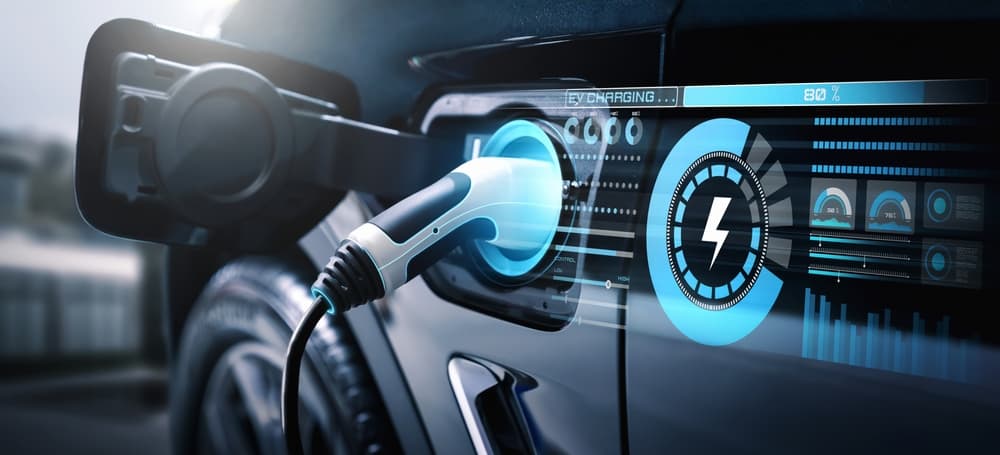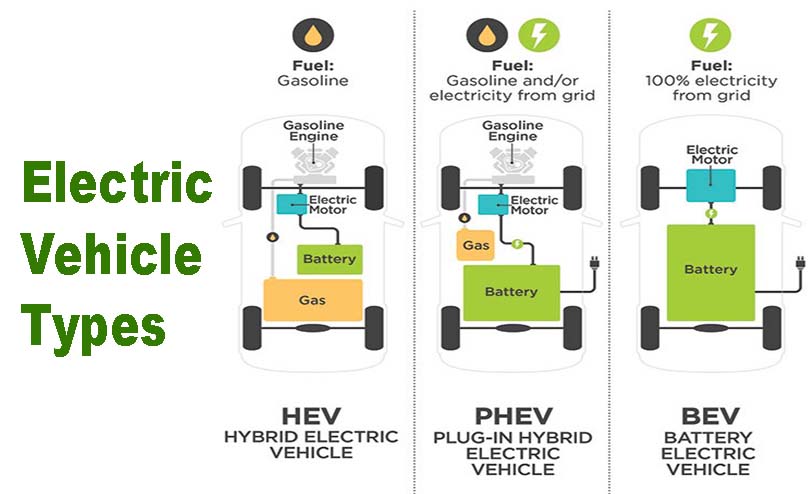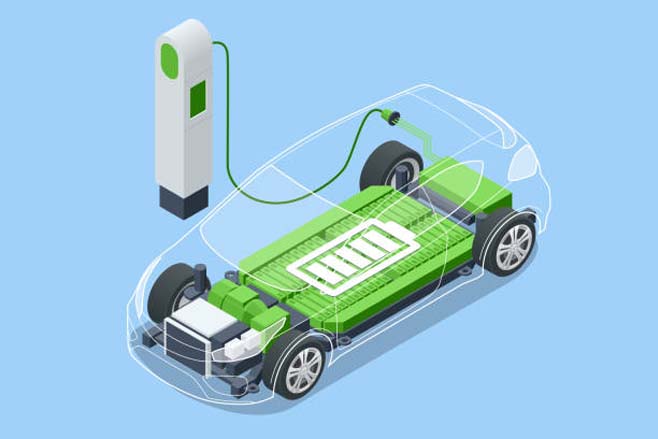Analysis of Charging Time at Electric Vehicle Charging Stations

1. Basic knowledge of electric vehicle charging
There are three main ways to charge an electric vehicle: slow charging, fast charging, and ultra-fast charging. Each charging method takes a different amount of time and uses different equipment and voltage.
2. Factors Affecting Charging Time
Although we have understood the basics of different charging methods, the length of charging time is still affected by many factors. The following are the main factors affecting charging time:
1. Battery capacity:
The larger the battery capacity, the longer it takes to charge. For example, an electric car with a 100kWh battery will take significantly different time to fully charge than an electric car with a 40kWh battery.
2. Charging station equipment:
Different brands and models of charging stations have different output powers, which will directly affect the charging speed. For example, some high-power ultra-fast charging stations can provide an output power of 300kW, while the output power of standard fast charging stations usually ranges from 7.2kW to 22kW.
3. Vehicle charging reception capability:
Not all electric vehicles can support all types of charging facilities. If the vehicle can only receive a maximum charging power of 50kW, then even if it is connected to a 100kW charging station, the actual charging speed is still limited.
4. Environmental factors:
External environmental factors such as temperature can also affect charging time. Lithium-ion batteries charge less efficiently at lower temperatures, so charging times for electric vehicles may be lengthened during cold winter months.
5. Grid load:
During peak hours, charging speed may be affected due to increased load on the grid. Some charging stations limit charging power during peak periods to protect the stability of the power system.
©2024. GSB Sunpower. All Rights Reserved.





